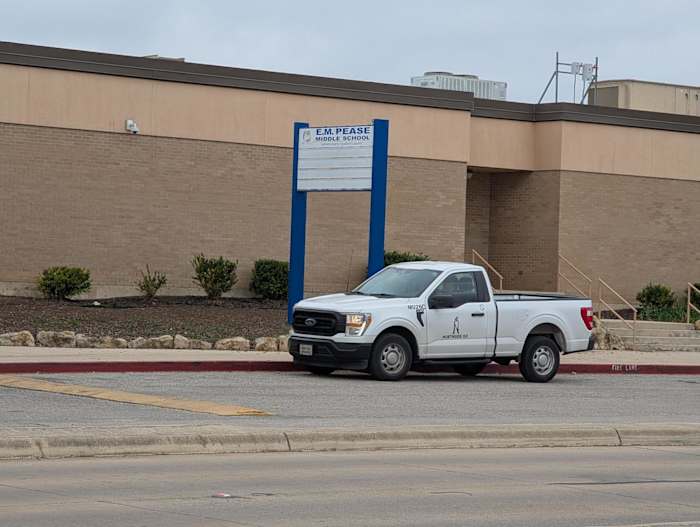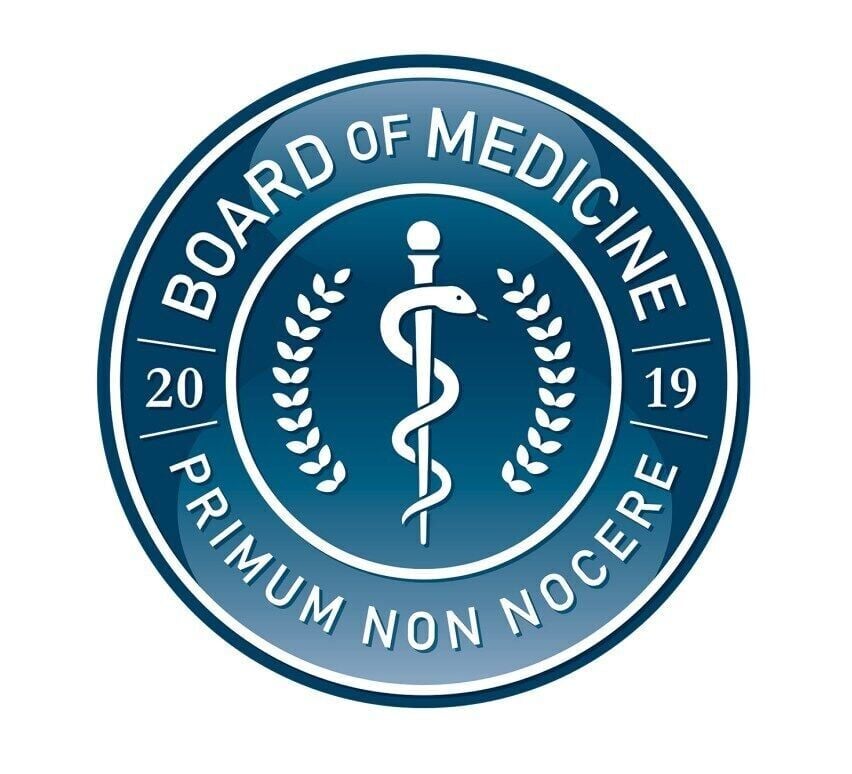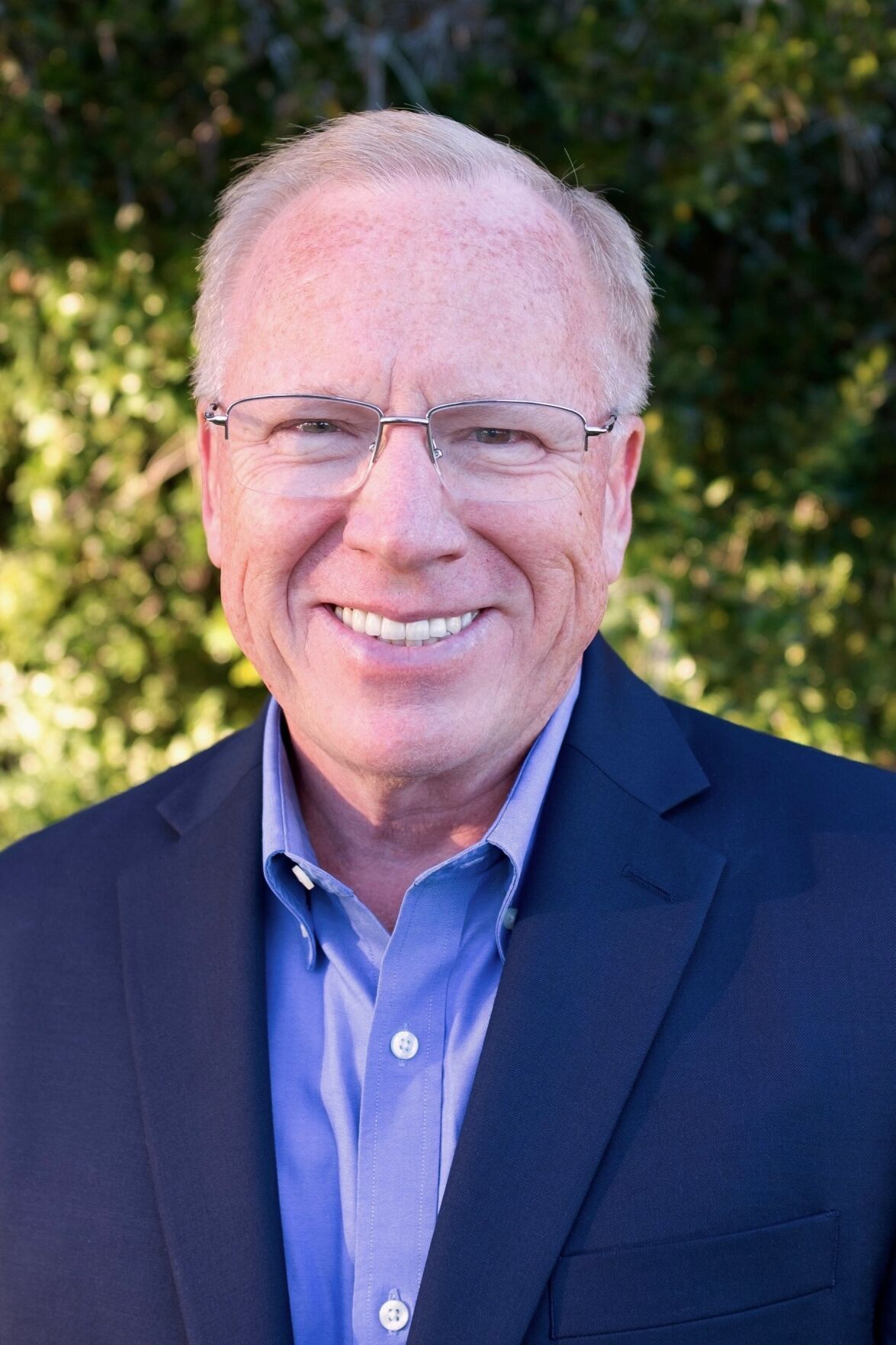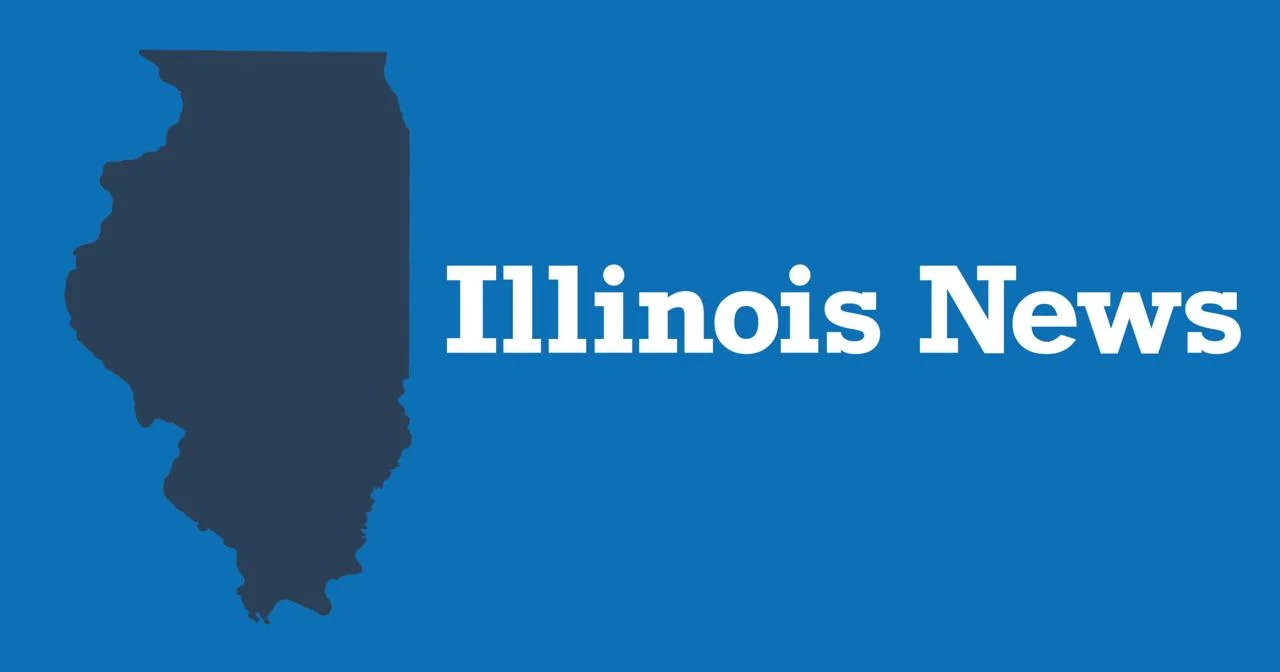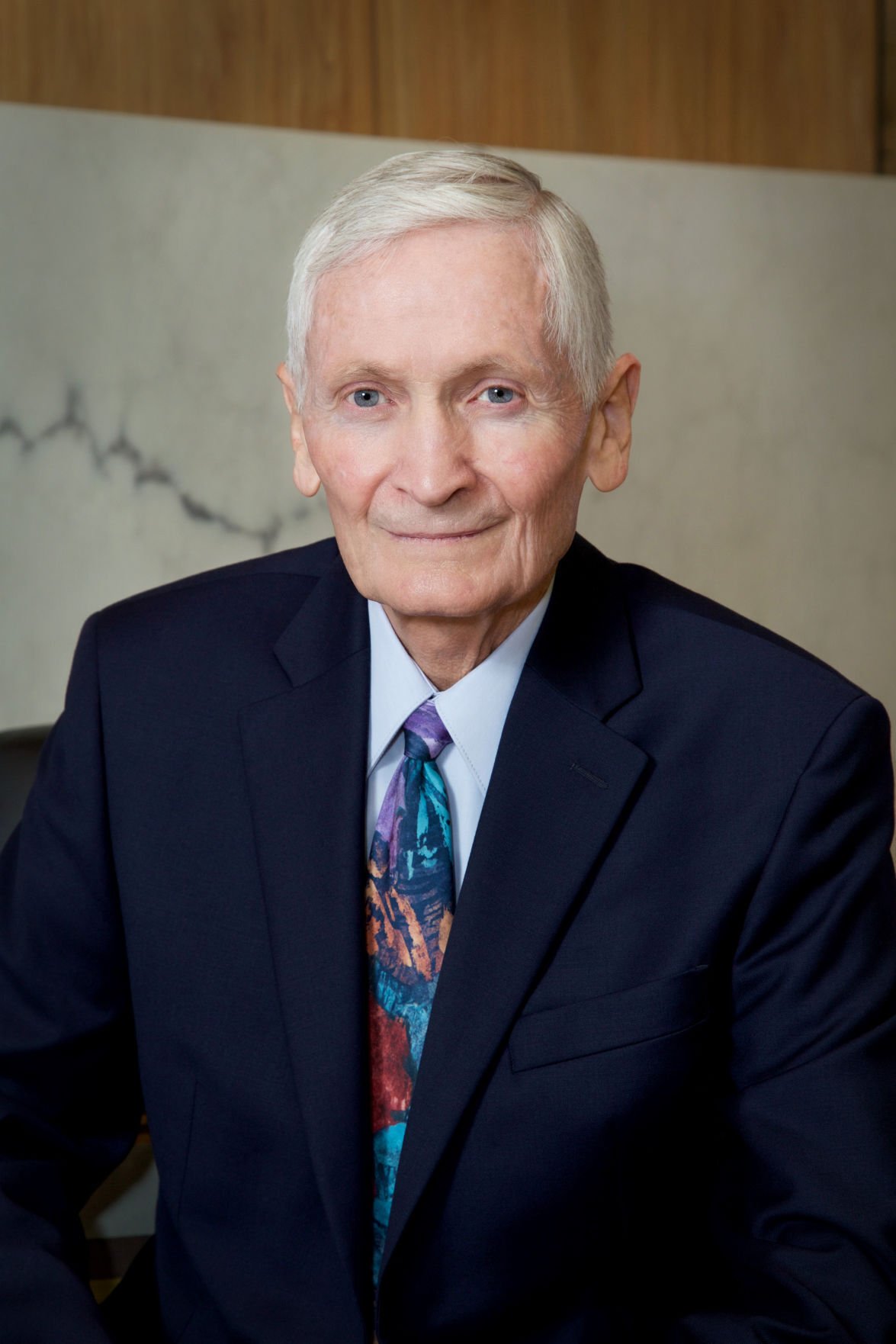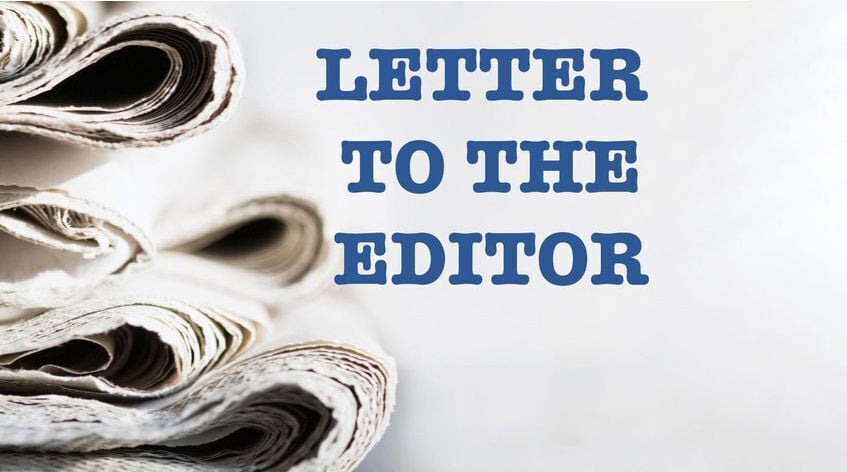President Donald Trump voiced approval for the sudden suspension of Jimmy Kimmel’s late-night show over controversial commentary directed at the man accused of murdering Charlie Kirk. Now, Trump is questioning the legitimacy of television network licenses for any stations he deems “against” him.
Trump floats pulling licenses if networks are ‘against’ him after Jimmy Kimmel suspended
Key Takeaways:
- Jimmy Kimmel’s late-night show was suspended following remarks about an individual accused of killing Charlie Kirk
- President Trump applauded the suspension and took aim at networks critical of him
- Trump suggested he might revoke TV network licenses if they are “against” him
- The incident highlights ongoing tensions between Trump and certain media outlets
Trump’s Reaction
President Donald Trump has welcomed the suspension of Jimmy Kimmel’s late-night program, publicly offering praise for the disciplinary action. Referring to networks he perceives as unsupportive, Trump proposed that the government consider revoking their broadcasting licenses. This stance follows his continued criticism of media outlets he believes offer biased or unfair coverage.
The Kimmel Suspension
Kimmel’s show was reportedly taken off the air due to comments he made about the individual accused of murdering Charlie Kirk, a conservative figure. Although details about the remarks remain limited, the suspension underscored the sensitivity of host commentary surrounding high-profile cases.
License Threats and Political Context
In relating Kimmel’s situation to broader media coverage, Trump indicated that networks deemed “against” him might face severe consequences. The suggestion of pulling broadcast licenses signals a significant new line of attack against outlets that the President believes exhibit persistent opposition to his administration’s policies.
Public and Political Implications
While some segments of the public may see Trump’s remarks as a necessary step to curtail perceived media bias, others worry about potential encroachments on press freedom. The incident raises questions about whether network criticism can or should be met with retaliatory measures like license revocations. As the conversation unfolds, the future of late-night talk shows—and the networks that air them—remains a subject of intense scrutiny.



